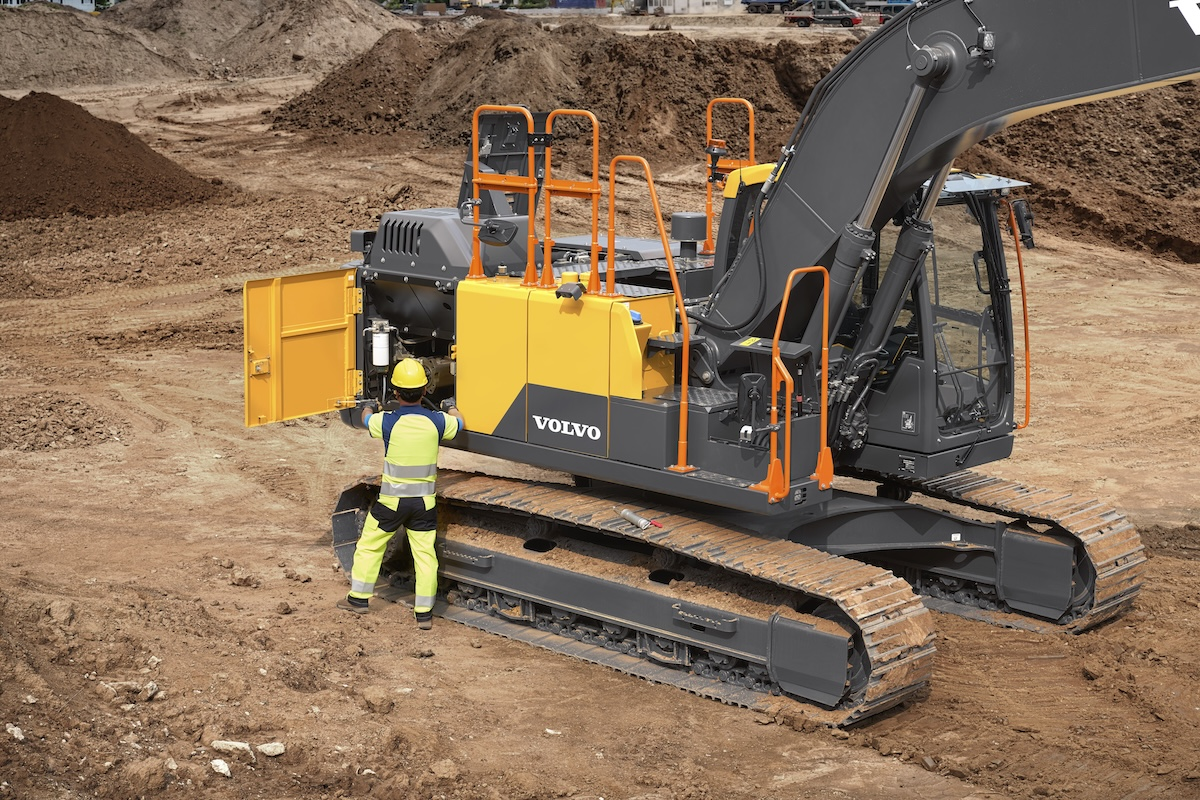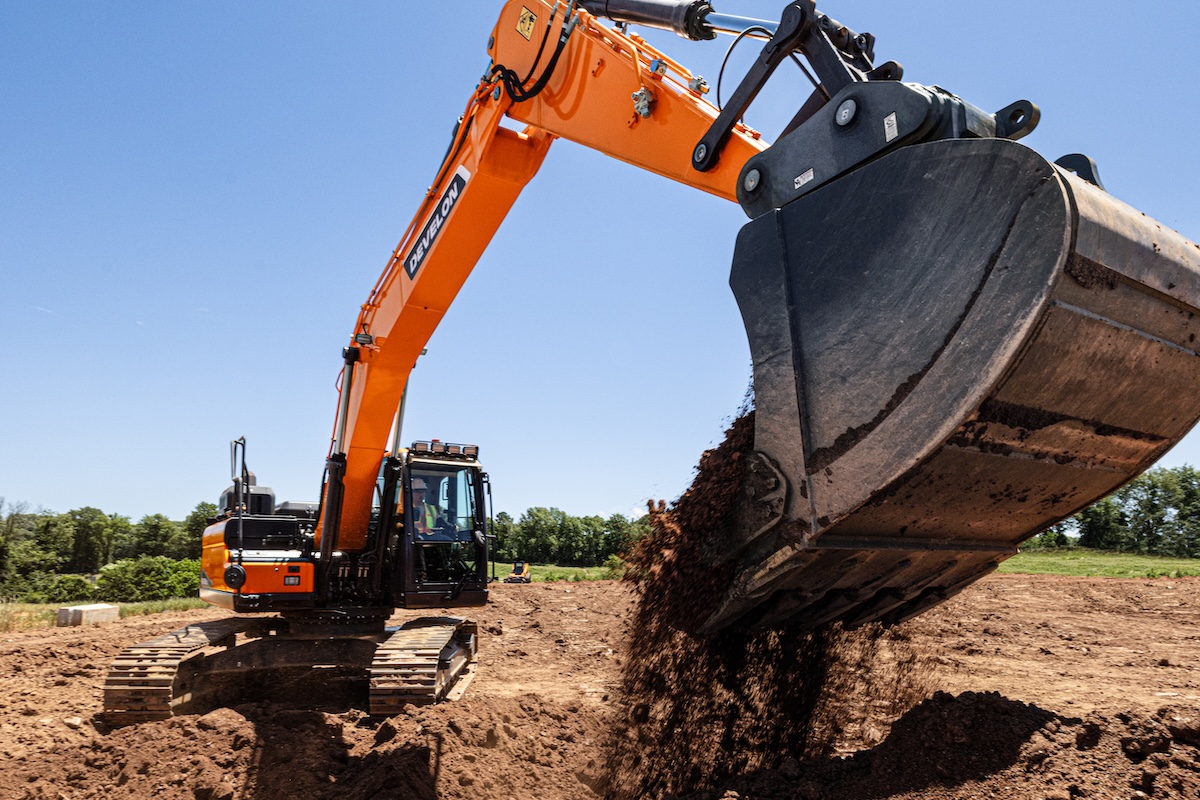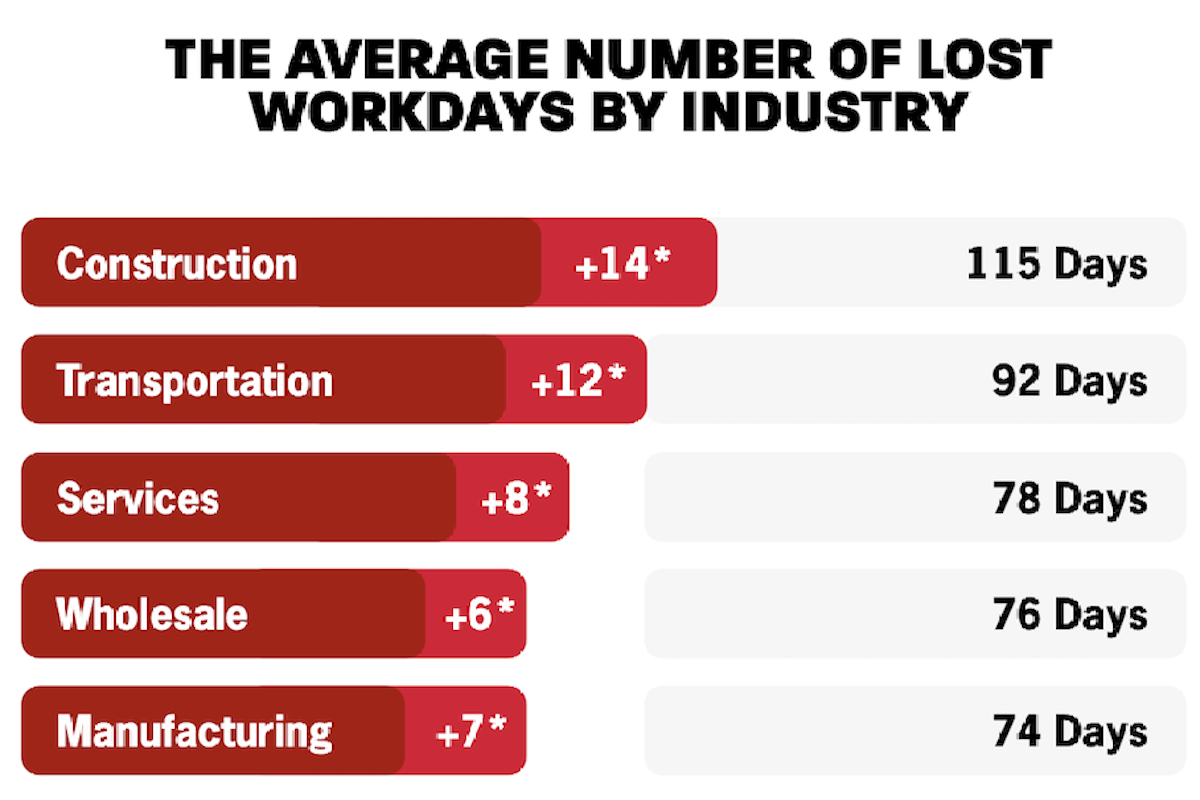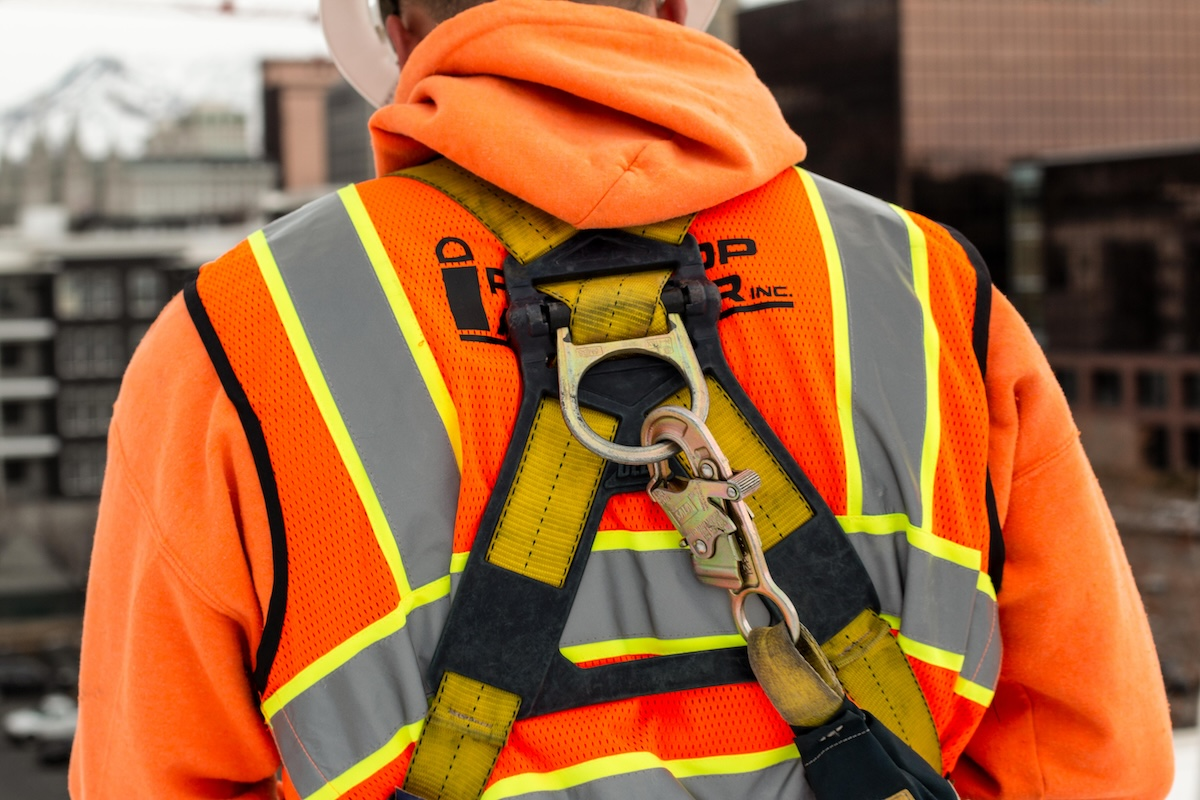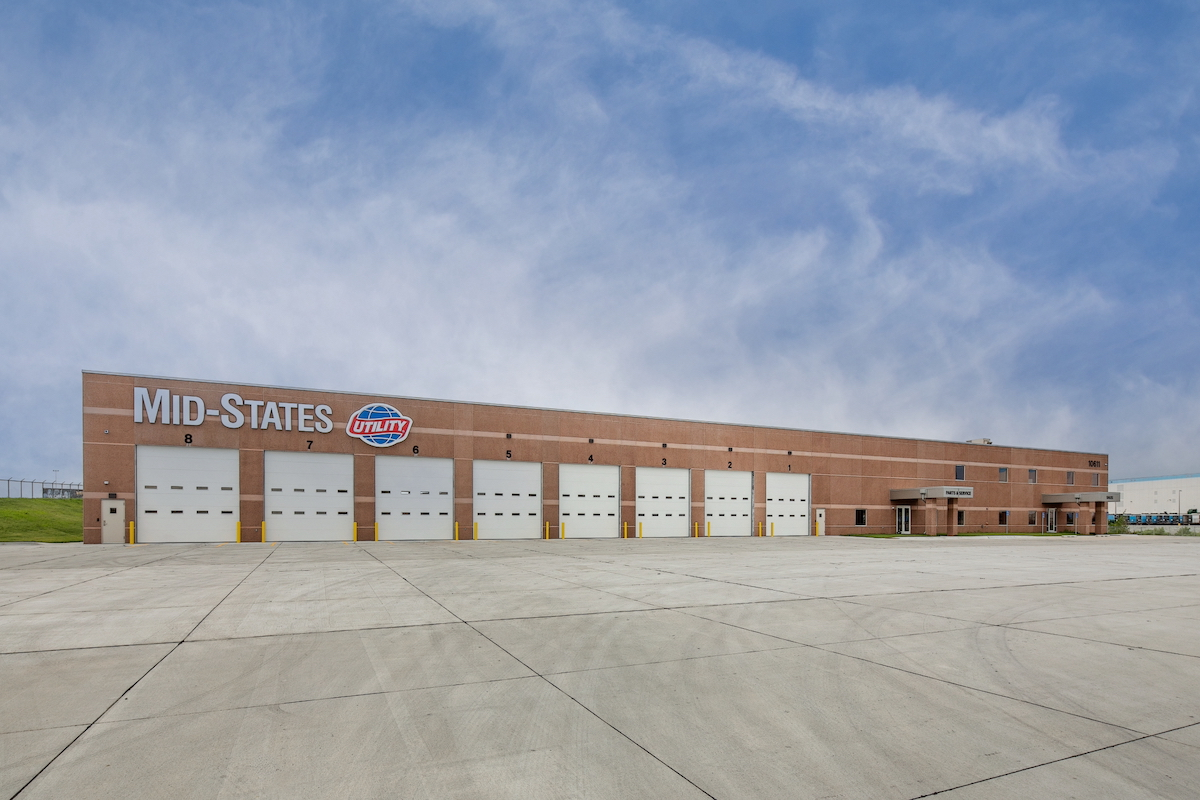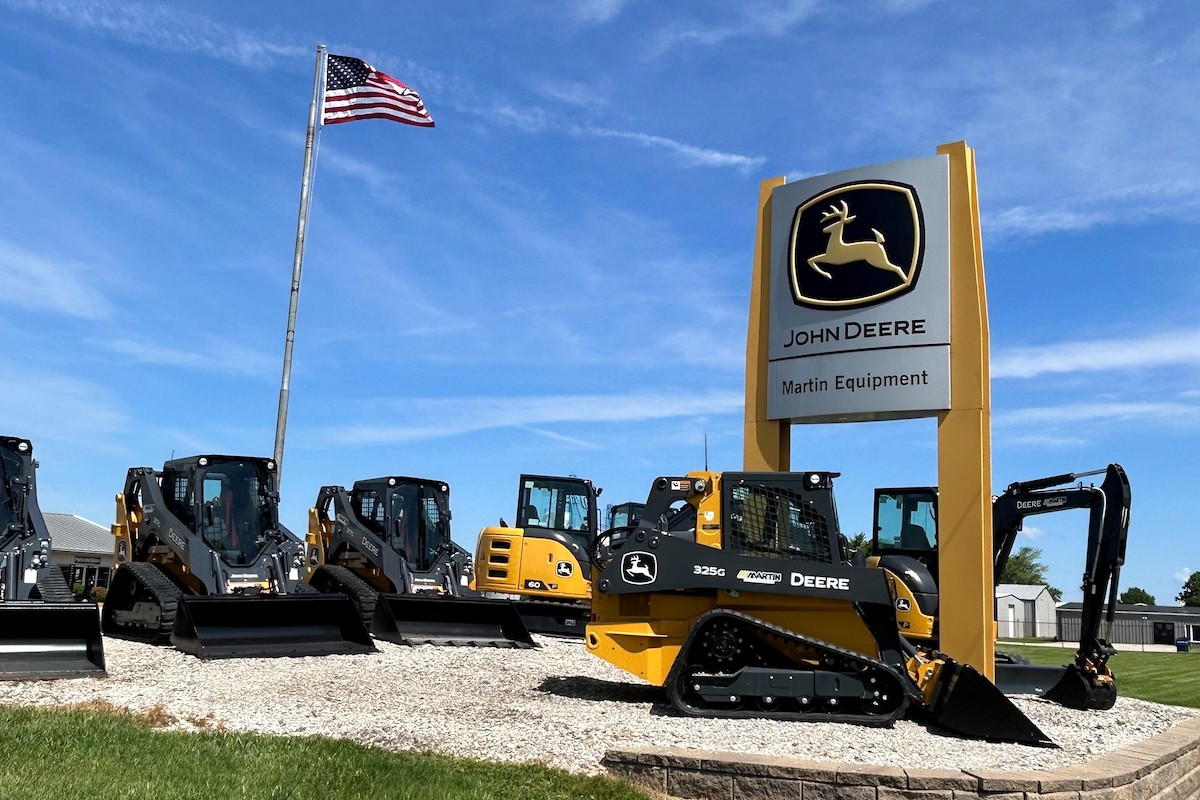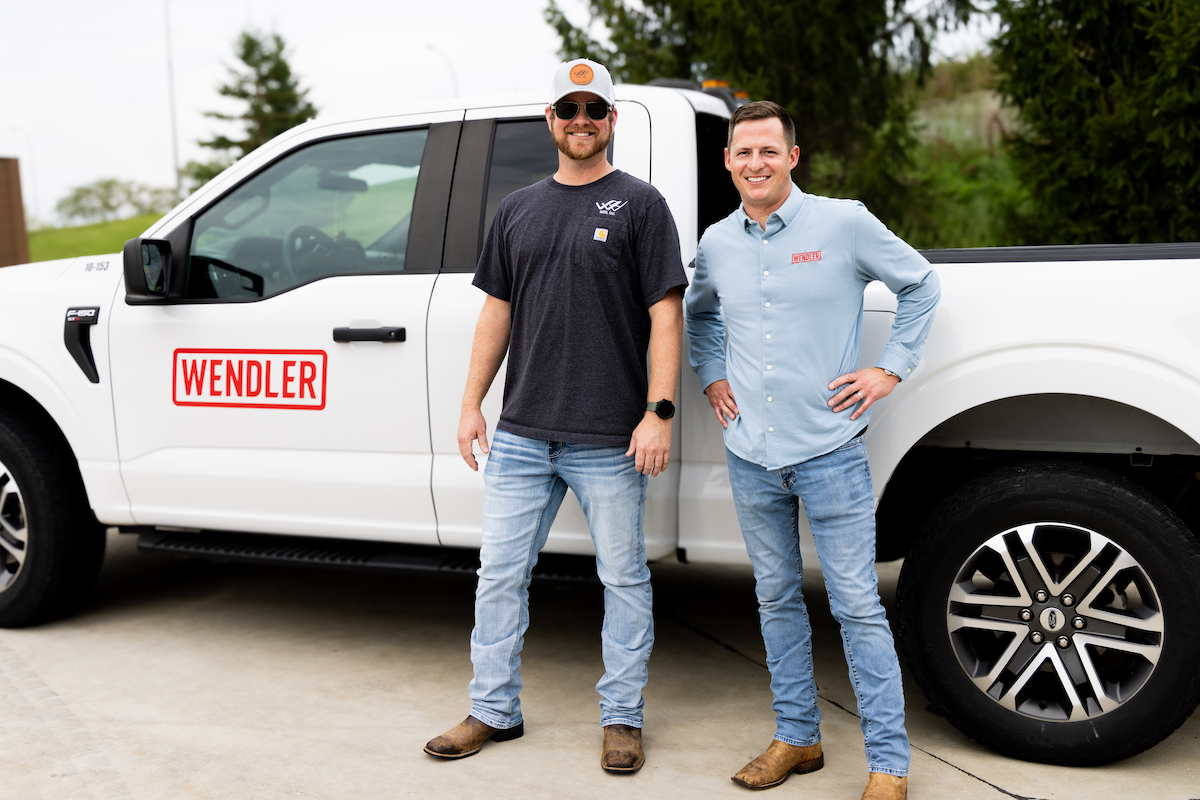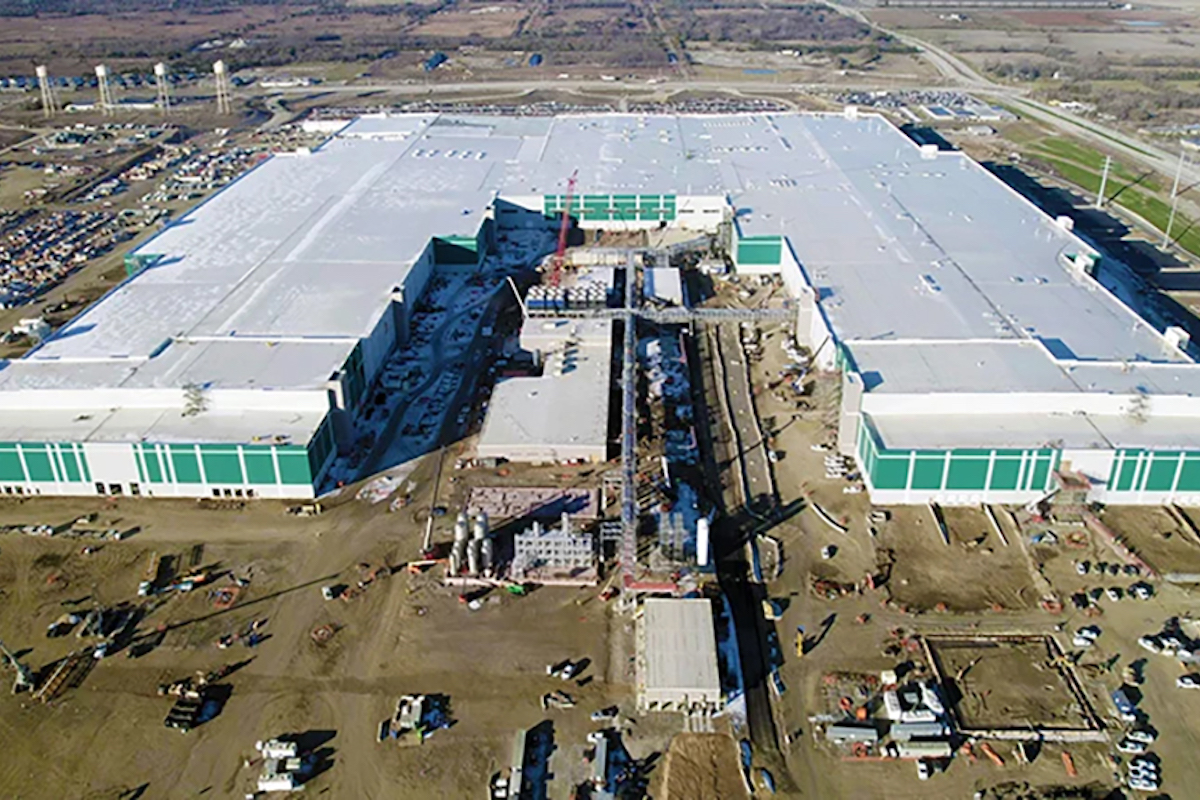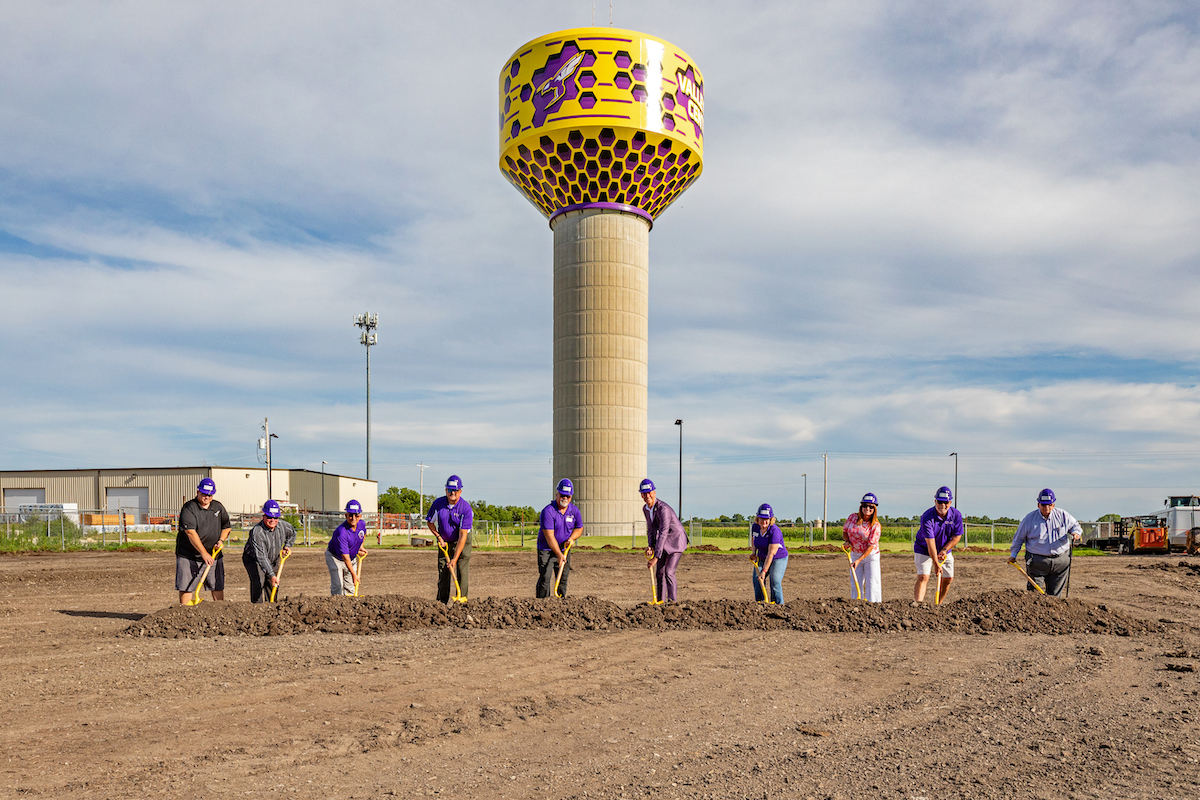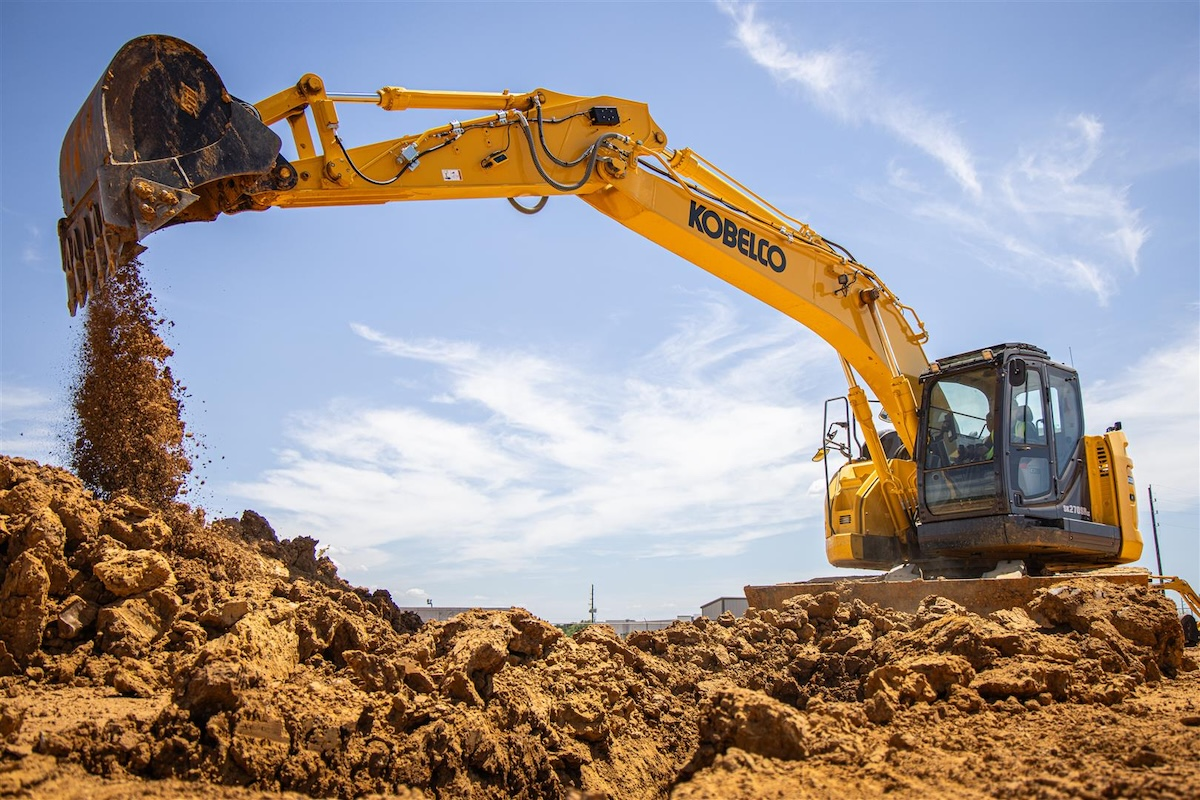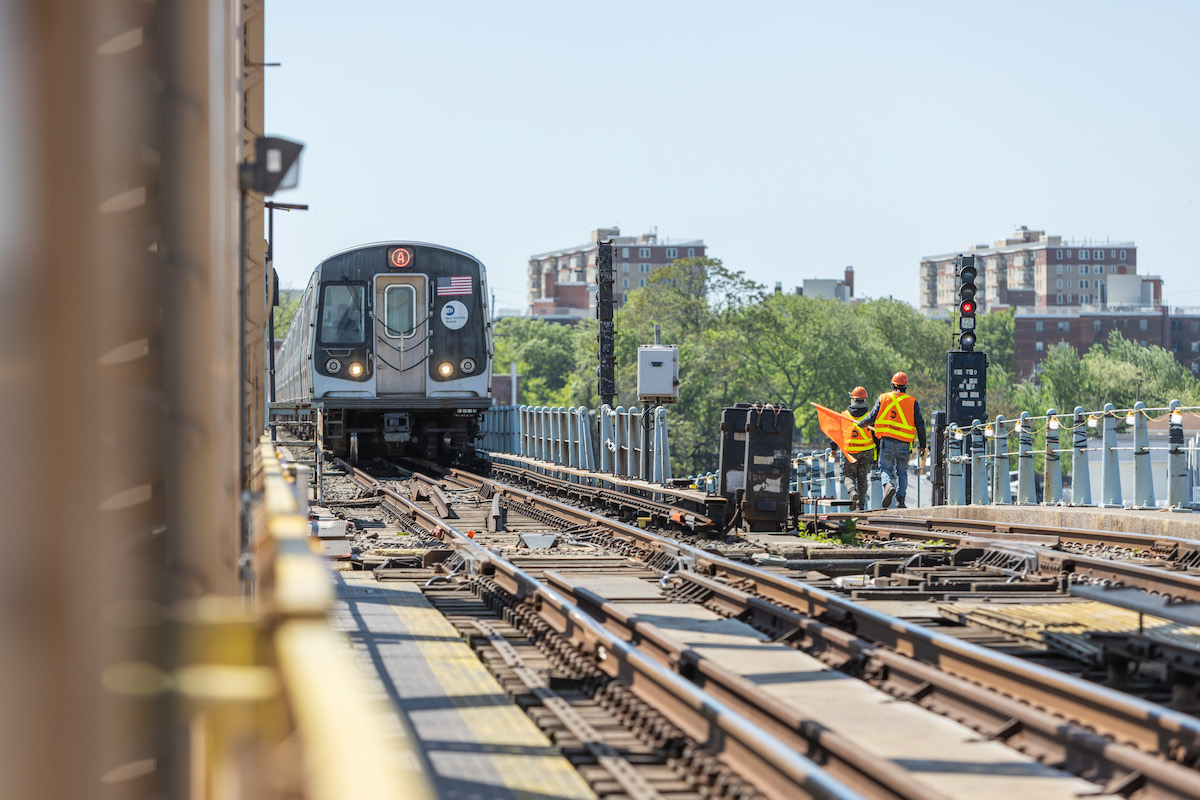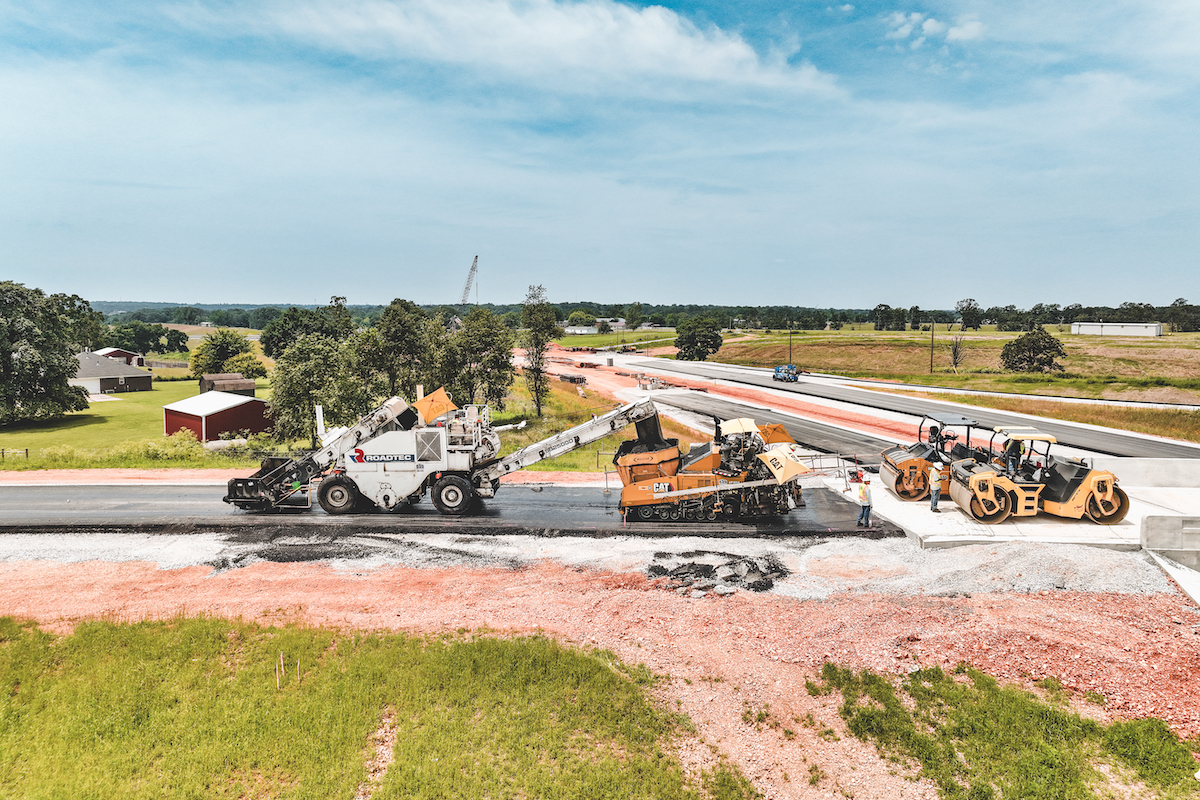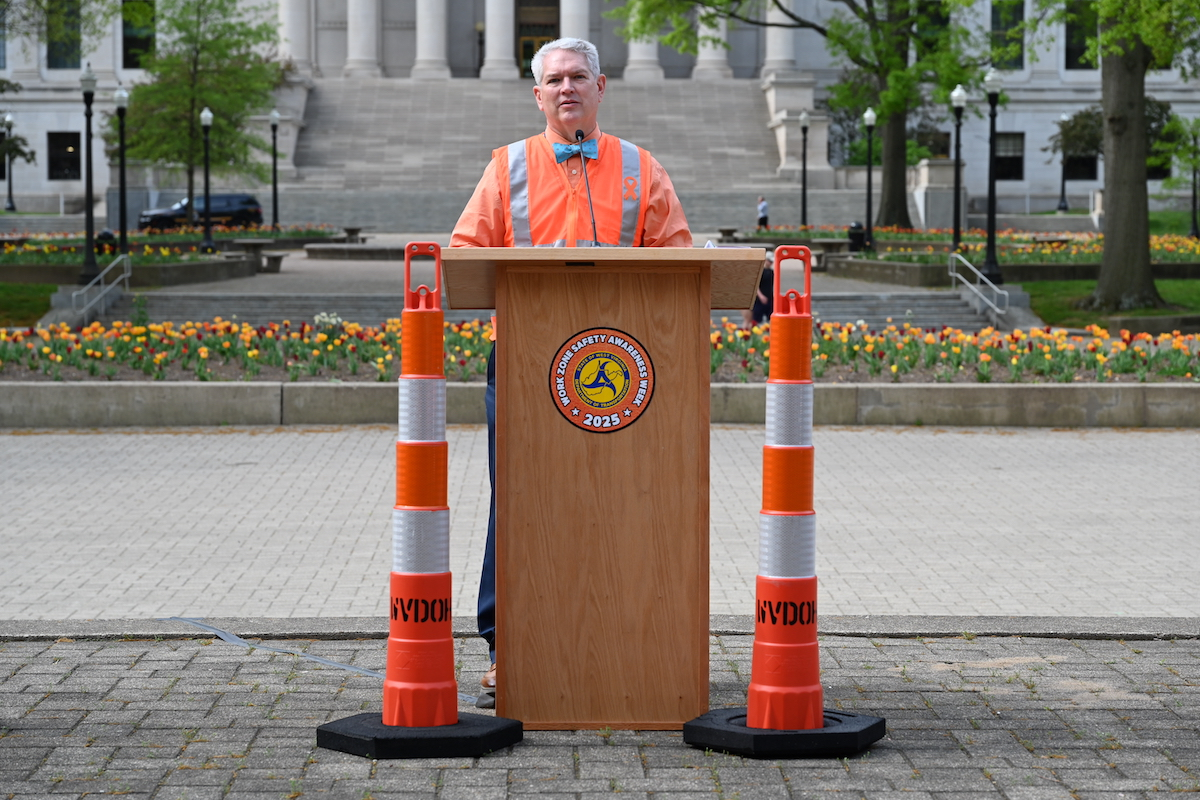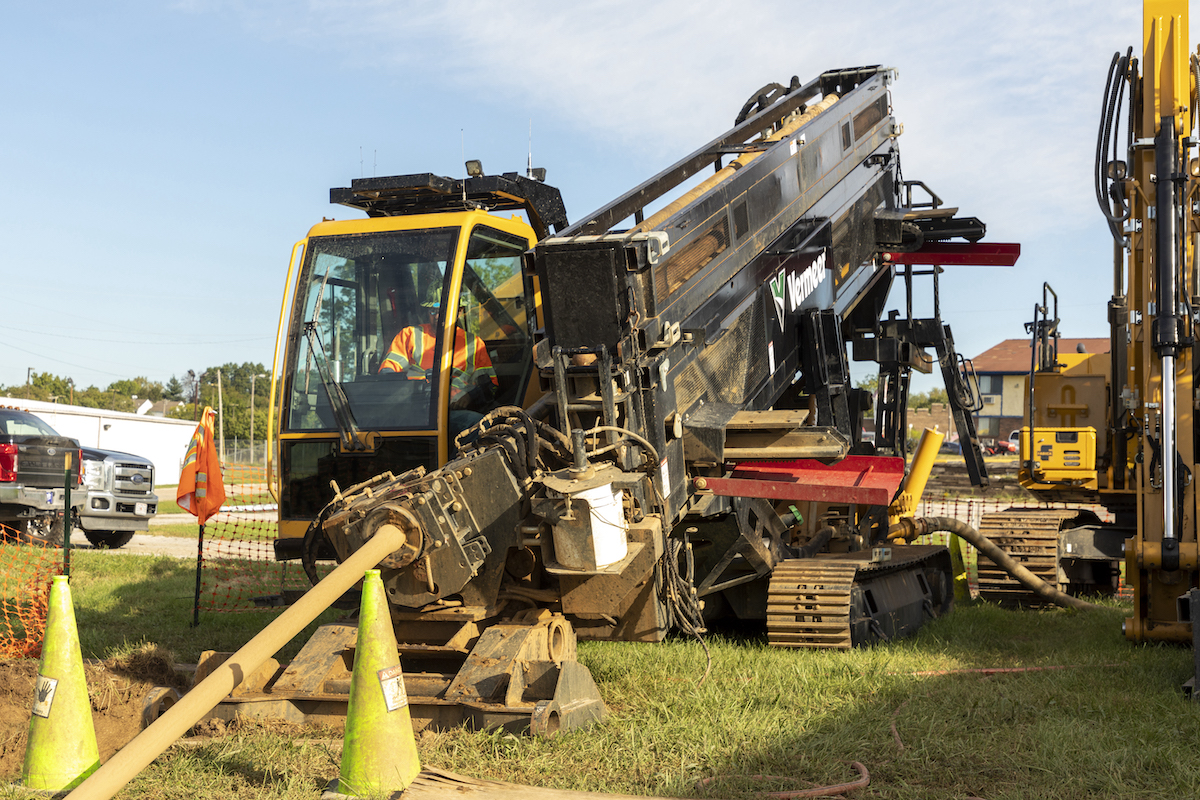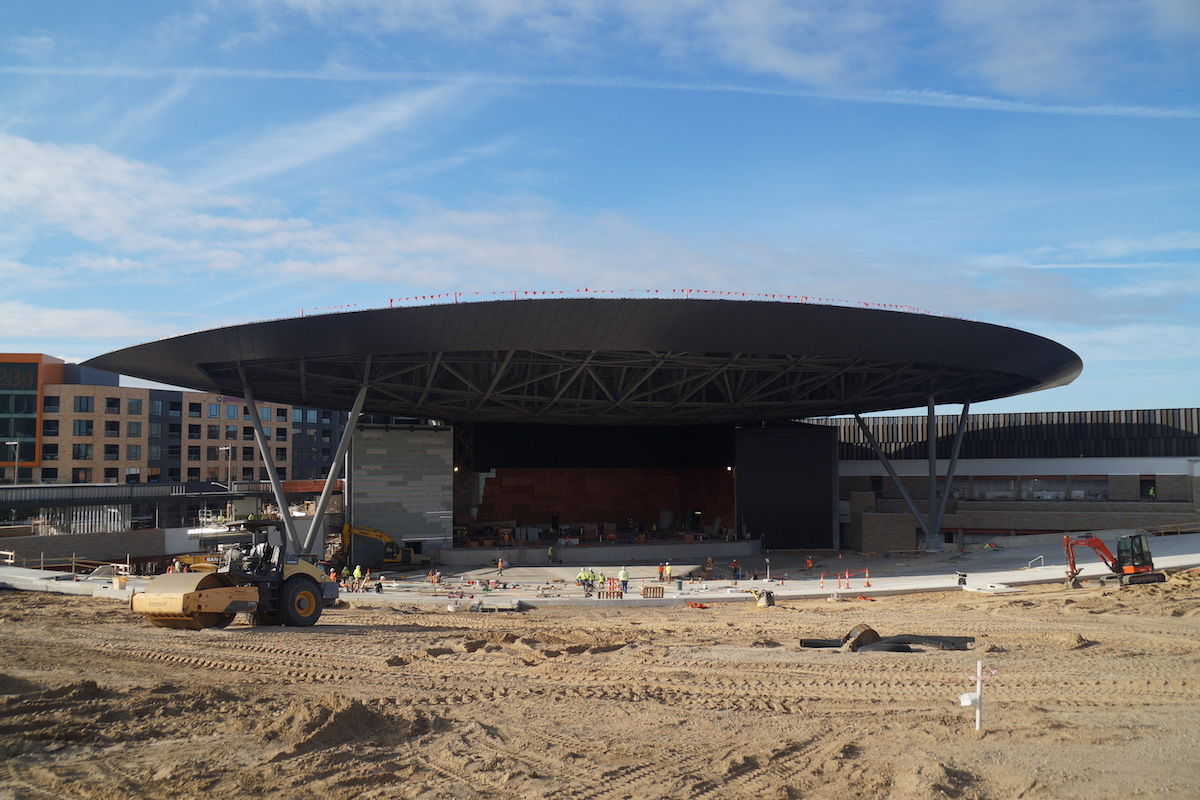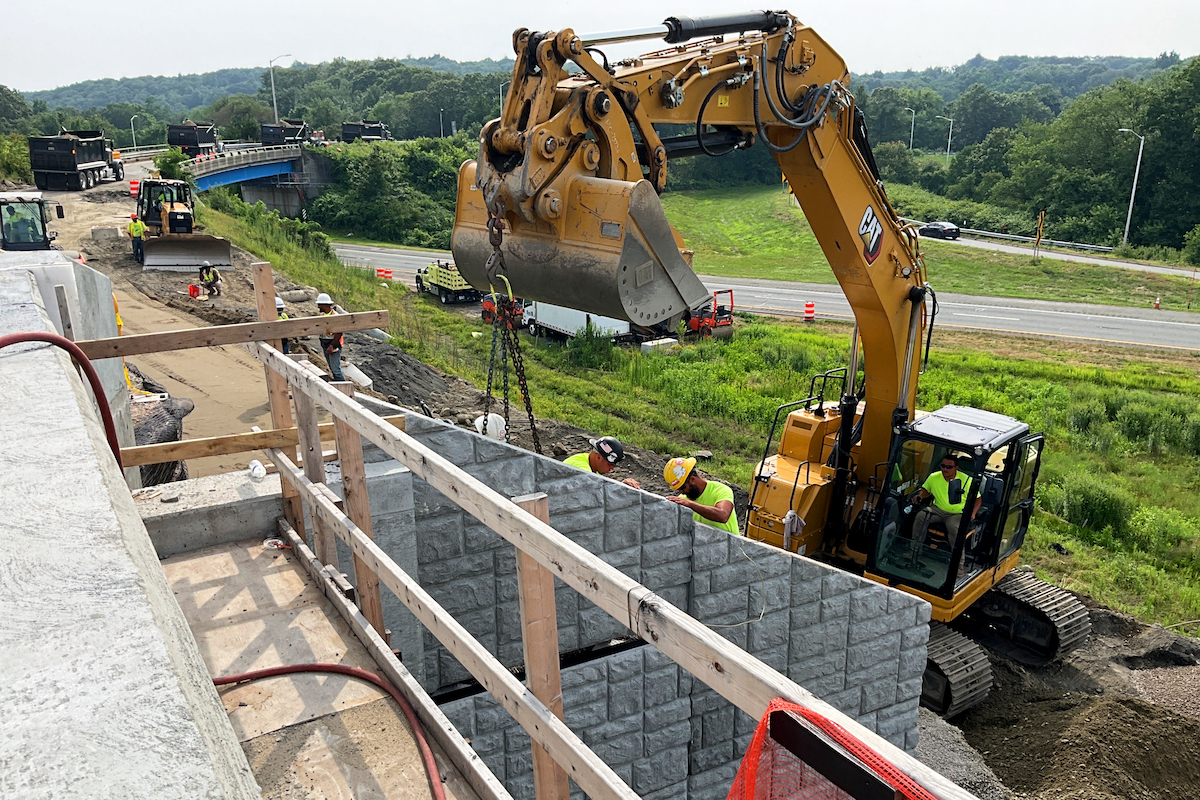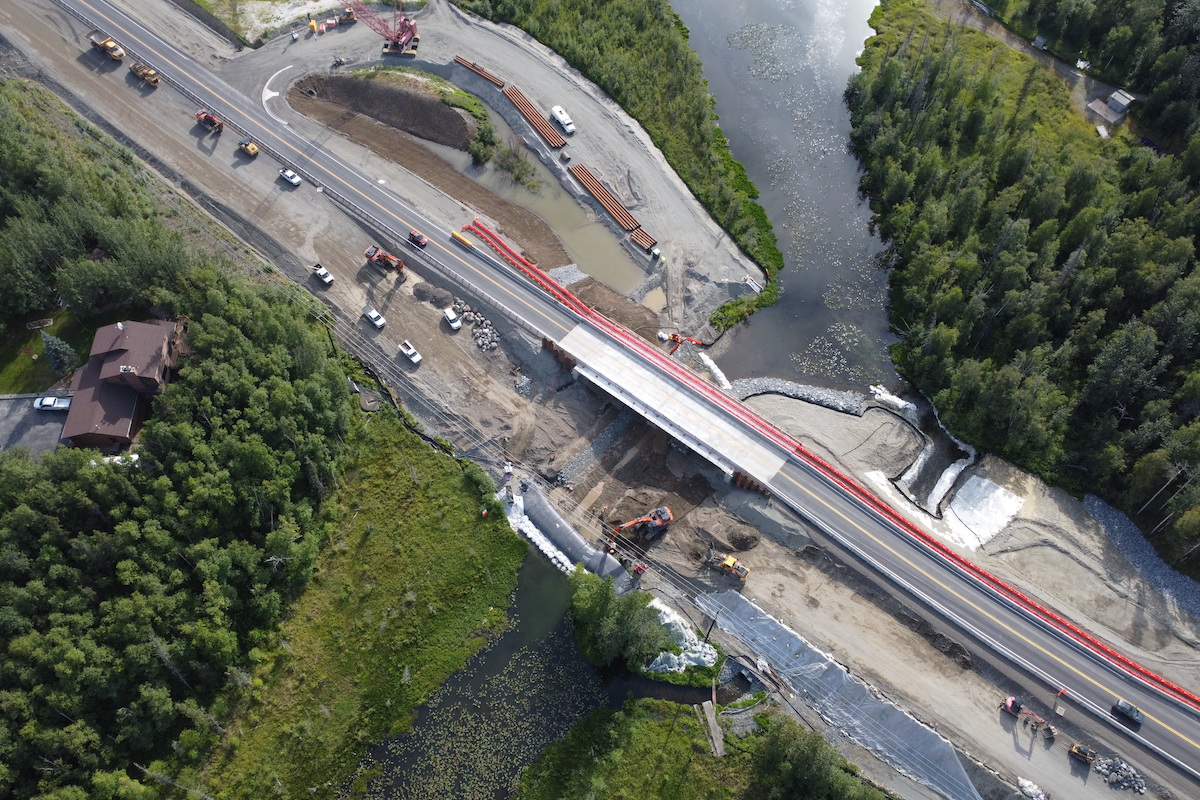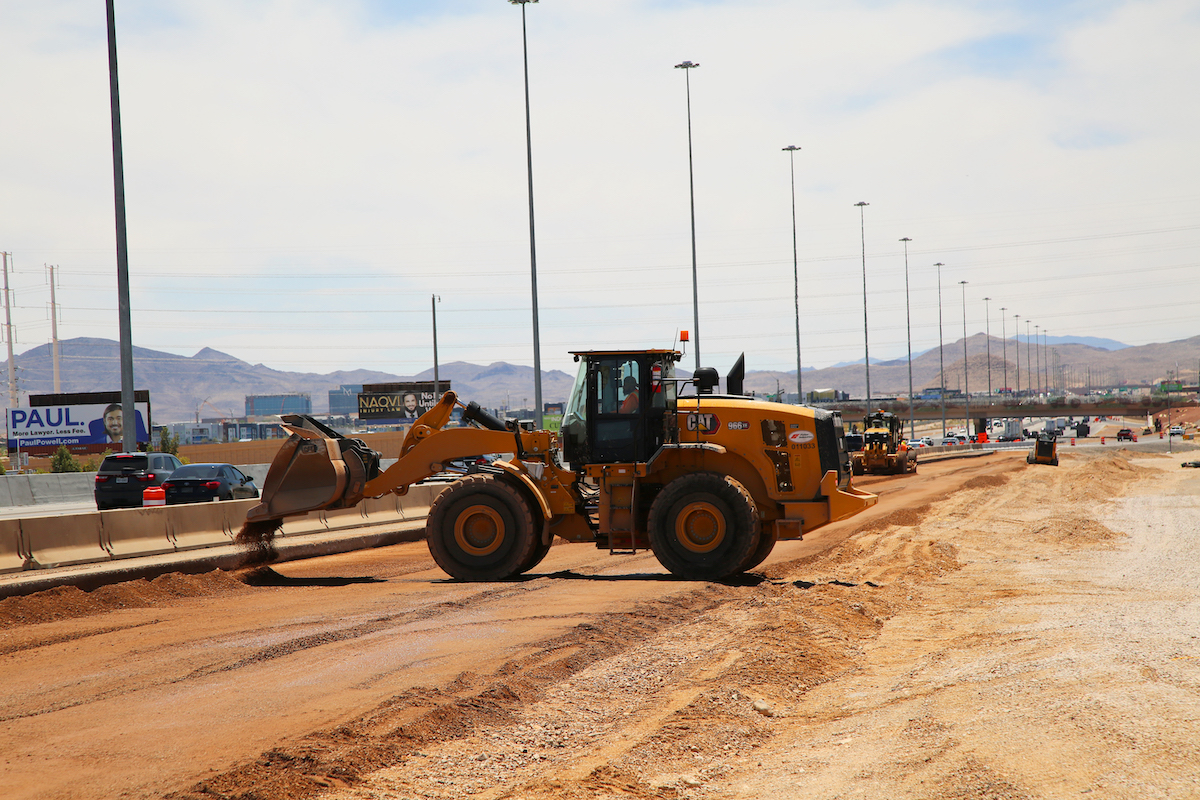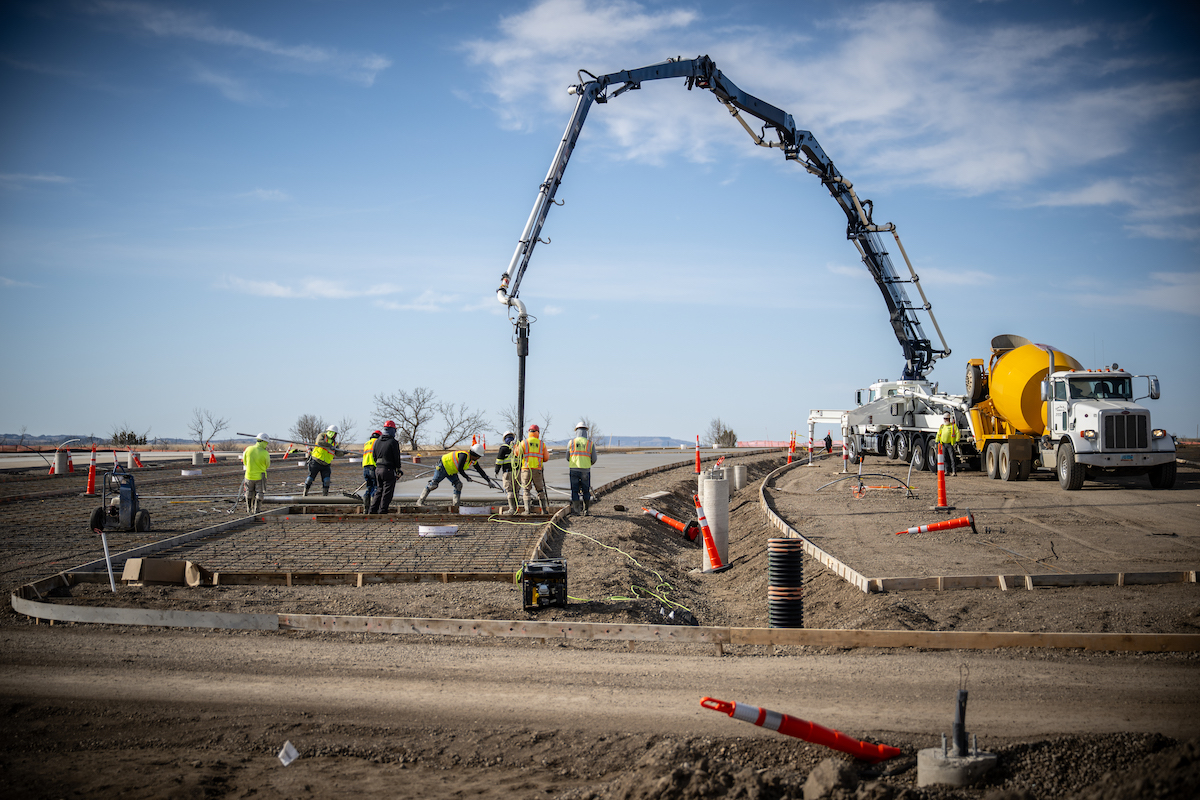On November 15, 2021, President Biden signed the Infrastructure Investment and Jobs Act (“IIJA”), altering the legal requirements that must be met on a broader array of projects than any previous legislation had covered. The IIJA contained two changes that impacted previous Buy America legislation for covered projects. The first change made a slight adjustment to the provisions of Title 23 involving portions of the Buy America requirements on federal-aid highway projects which added new notice and comment requirements for a waiver. The second change was substantial. It is found in Title IX of the IIJA, “Build America, Buy America” (“BABA”).
The new BABA requirements were originally scheduled to apply to new infrastructure projects beginning on May 14, 2022; however, many agencies were unable to meet this date, and waivers for various lengths of time were granted. In addition to changes to the previous guidance for iron and steel requirements, BABA contains provisions that expand the Buy America requirements to include coverage of other construction materials, adds domestic component content standards, and requires additional examination of all waivers.
BABA impacts all covered infrastructure projects whether the new funds are provided under the IIJA bill or through other federal-aid infrastructure programs. The Act prohibits use of federal funds for an infrastructure project (including initial construction, alteration, maintenance, or repair) unless all iron and steel manufactured products and all construction materials used in the project are produced in the United States. Covered projects (essentially all public works projects) in the US include roads, highways and bridges; public transportation; dams, ports, harbors, and other maritime facilities; intercity passenger and freight railroads; freight and intermodal facilities; airports; water systems, including drinking water and wastewater systems; electrical transmission facilities and systems; utilities; broadband infrastructure; and buildings and real property.
Agencies continue to determine the best way to implement the BABA requirements. On November 15, 2022, the United States Department of Transportation (DOT) scheduled a notice for publication that would, if enacted, issue a general public interest waiver of BABA’s domestic preference relating to contracts issued by certain federal agencies for construction materials for: (1) Any contract entered into before November 10, 2022; and (2) Any contract entered into before March 10, 2023, if the contract results from a solicitation published prior to May 14, 2022. A second notice was released that indicates the DOT is considering enacting a separate blanket waiver covering "de minimis" (too trivial or minor to merit consideration) purchases of iron and steel, manufactured products and construction materials for DOT-funded projects.

| Your local Gehl Co dealer |
|---|
| Star Equipment LTD |
The BABA requirements to be “produced in the United States” differ for each type category of materials as follows: (1) iron or steel products - all manufacturing processes, from the initial melting stage through the application of coatings occurred in the United States; (2) manufactured products - the product was manufactured in the US and cost of the components of the manufactured product that are mined, produced, or manufactured in the US is greater than 55 percent of the total cost of all components in the manufactured product unless another standard for determining the minimum amount of domestic content is established under another applicable law or regulation (the current 55% component standard will be increased to 75% with a fallback to 60% if no qualifying offer is presented in compliance with the new 75% standard); and (3) construction materials - all manufacturing processes for the construction material occurred in the US.
Prior to passage of IIJA, Waivers of Buy America requirements generally were available when compliance would not be in the public interest, when the product was not produced in the US or the quality was not sufficient, or when the use of US products would increase the total project cost by more than 25%. While these waiver categories remain available, the IIJA requires that the Office of Management and Budget create a new “Made in America Office” to perform a stricter review of every waiver application. When evaluating a waiver request, this office will consider possible project delays and the ability to use a substitute material. When reviewing a waiver based upon whether it is in the public interest, the Made in America Office will put additional weight and scrutiny on the impact such a waiver will have on employment in the US and whether the lower cost of foreign material is due to unfair trade practices.
Below are some suggested best practices for contractors to implement the new BABA requirements found in the IIJA.
Review all company subcontract and purchase order forms. The forms should be updated or revised to flow-down the BABA requirements and require each subcontractor, supplier, or vendor to flow-down the BABA requirements to its sub-subcontractors, suppliers, or vendors. The forms should also contain provisions holding the subcontractor, supplier, or vendor responsible for all damages incurred because of failure to comply with the BABA requirements and include indemnity language.
Implementing these practices will help to ensure that your business is meeting the BABA requirements found in the IIJA and avoid costly penalties. The potential consequences of a failure to meet the requirements and provide compliant material include being required to remove and replace the noncompliant material, payment of consideration to the government, termination for default, suspension or debarment, and false claims act exposure.






